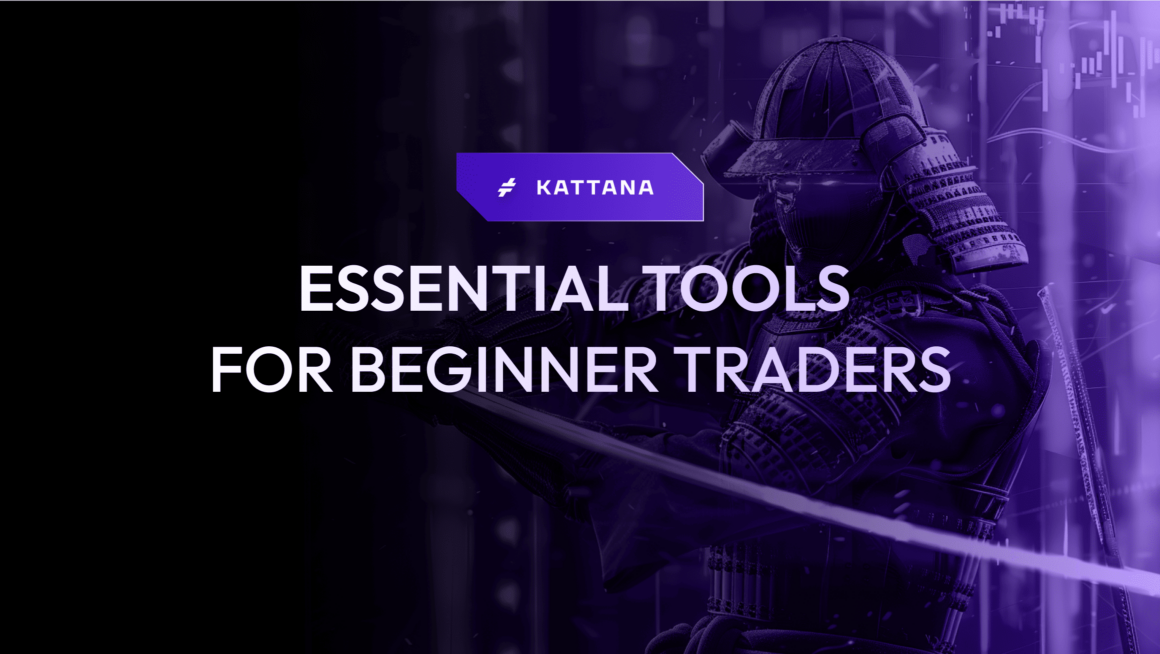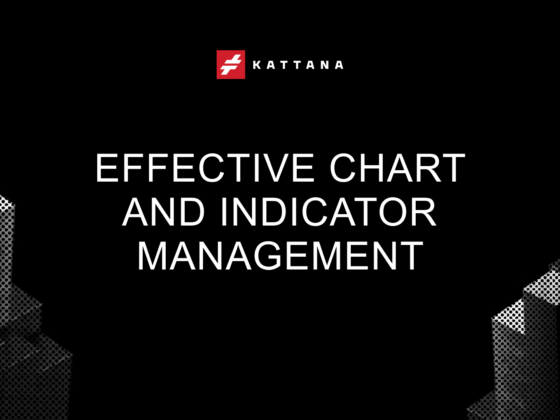As a beginner trader, having the right tools is crucial for making informed decisions and managing your trades effectively. Here are some essential tools that every novice trader should consider:
1. Trading Platform
A reliable trading platform is fundamental for executing trades. Look for platforms that offer user-friendly interfaces, real-time data, and a range of analytical tools. Popular choices include MetaTrader 4 (MT4), MetaTrader 5 (MT5), and trading platforms provided by brokers like TD Ameritrade, Interactive Brokers, and eToro.
2. Market Analysis Tools
To make informed trading decisions, you need access to robust market analysis tools. These tools provide insights into market trends, price movements, and trading volumes. Key tools include:
- Technical Analysis Software: Tools like Kattana allow you to analyze price charts and apply technical indicators.
- Fundamental Analysis Resources: Websites like Yahoo Finance, Bloomberg, and Reuters offer financial news, economic data, and company reports.
3. Economic Calendar
An economic calendar helps you stay informed about important economic events and announcements that can impact the markets.
Websites like Investing.com and Forex Factory provide detailed economic calendars that track events like interest rate decisions, employment reports, and GDP releases.
4. Risk Management Tools
Effective risk management is essential for long-term trading success. Tools that help you manage risk include:
- Position Size Calculators: Tools like Myfxbook and BabyPips offer position size calculators to help you determine the appropriate amount to risk on each trade.
- Stop-Loss and Take-Profit Orders: Most trading platforms allow you to set stop-loss and take-profit orders to automatically close trades at predetermined levels, minimizing potential losses and locking in profits.
5. Trading Journal
Maintaining a trading journal is crucial for tracking your performance and learning from your experiences.
A trading journal allows you to record details of each trade, including entry and exit points, reasons for taking the trade, and outcomes. You can use simple spreadsheets or dedicated software like Edgewonk and Tradervue for this purpose.
6. Educational Resources
Continuous learning is vital for improving your trading skills. Make use of educational resources such as:
- Online Courses: Websites like Udemy, Coursera, and Investopedia offer courses on trading strategies, technical analysis, and market fundamentals.
- Books: Recommended reading includes “Trading for a Living” by Dr. Alexander Elder and “A Beginner’s Guide to Forex Trading” by Matthew Driver.
- Webinars and Tutorials: Many brokers and trading educators offer free webinars and tutorials to help you understand market dynamics and trading techniques.
7. News Feeds and Alerts
Staying updated with market news and developments is essential. Subscribe to financial news feeds and set up alerts for important market events. Tools like Bloomberg Terminal, Reuters, and mobile apps like CNBC and Bloomberg provide real-time news updates and alerts.
By equipping yourself with these essential tools, you’ll be better prepared to navigate the financial markets and make informed trading decisions. Remember, the key to successful trading lies in continuous learning, disciplined risk management, and staying informed about market developments.








